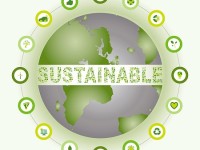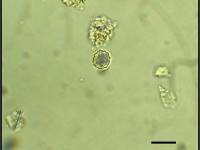Humanity has always engineered the environment around us. From the earliest days of wetland drainage and the need to acquire fresh water, to keep it flowing and keep it clean enough to drink, building cesspits to take away our waste and to stop pollution of vital waterways, we have always strived to maximize our sanitation…
Read more
Why Environmental Engineering Is Vital for Our Future










